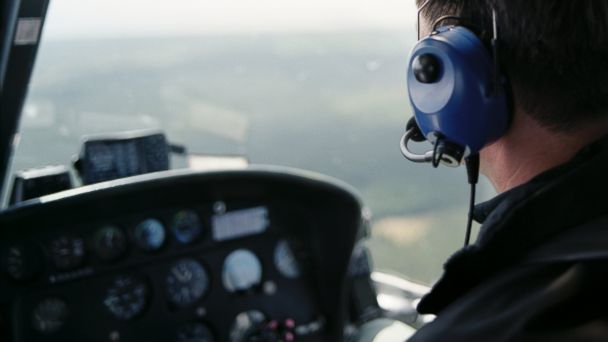FAA to Check Obese Pilots for Sleep Apnea
Obese pilots and air traffic controllers will soon need to be screened over concerns that their weight is causing them to lose sleep and negatively affects work performance, according to the Federal Aviation Administration.
FAA flight surgeon Fred Tilton said Tuesday that under the new policy all pilots and air traffic controllers with a body mass index (BMI) over 40 or a neck measurement of more than 17 inches will have to be checked by a sleep specialist before they can get their medical certificate to work.
The issue, Tilton says, is obstructive sleep apnea, which "is almost universal in obese individuals."
"Obstructive sleep apnea in obese patients is a common condition, and it results in lack of enough sleep or quality sleep. As a result they remain sleepy during the day," said Dr. Gholam Motamedi, a neurologist at Georgetown University Medical Center.
Eventually, the plan will move to test all pilots and air traffic controllers with a BMI of 30. Body mass index calculates weight divided by height. That means a 6-foot tall man with a BMI of 40 would weigh nearly 300 pounds. With a BMI of 30, that same man would weigh 220 pounds.
This plan comes five years after two pilots aboard a Go Airlines flight between islands in Hawaii fell asleep and overshot the airport. The flight eventually landed without further incident but the National Transportation Safety Board launched an investigation.
The captain, according to the NTSB, was obese and later diagnosed with apnea.
Former fighter pilot and ABC News consultant Stephen Ganyard said lack of sleep or quality of sleep can affect a pilot's ability.
"It really has the same physiological effects as drinking. And so you don't want a drunk pilot flying your airplane any more than you would want a pilot who hasn't had appropriate sleep flying your airplane," Ganyard said.

Getty Images